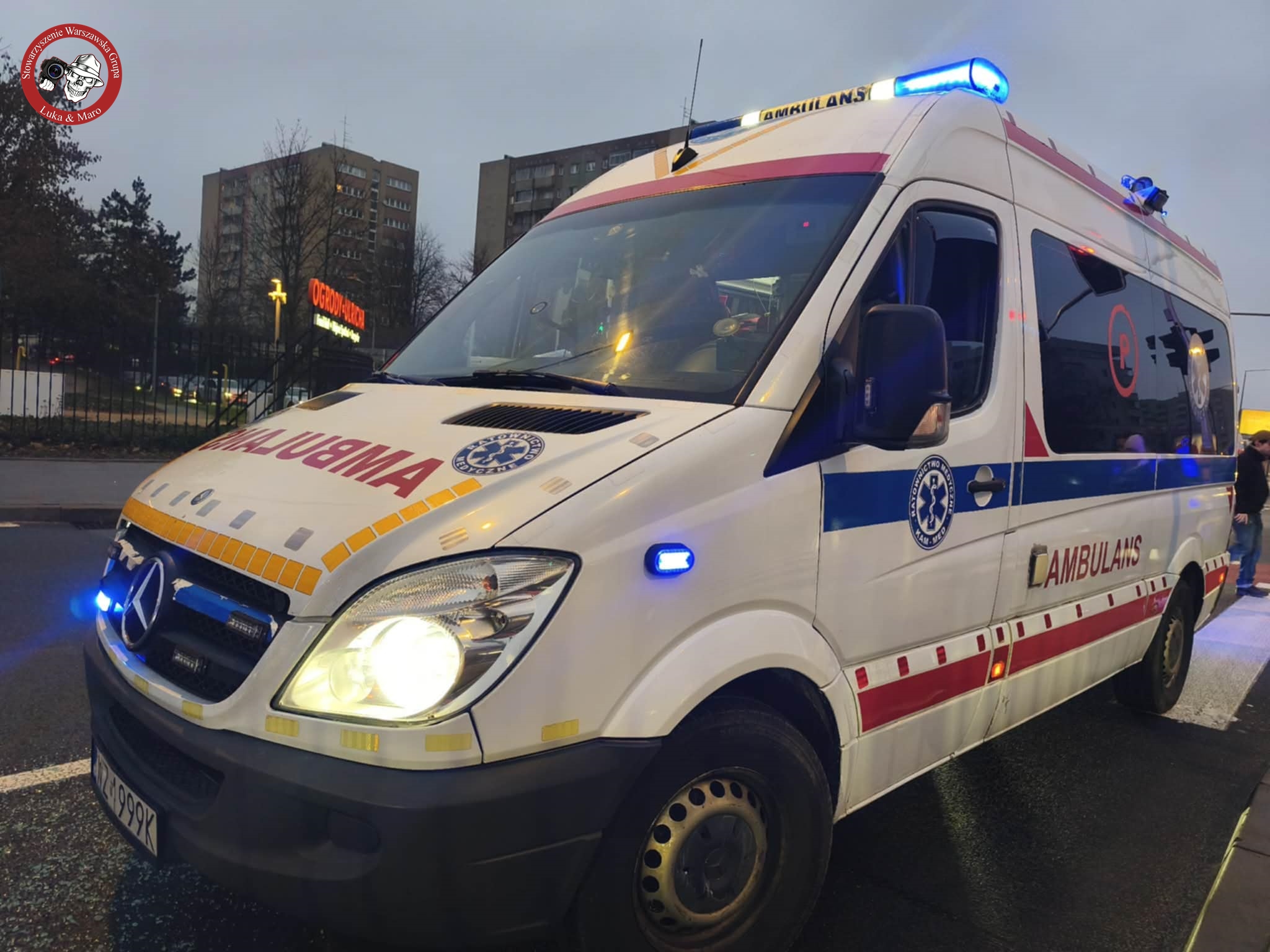
An apple a day keeps the doctor away…
In English there is a saying “An apple a day keeps the doctor away”. This is also true in case of hypertension and cardiovascular diseases. A change of lifestyle and diet can lower the risk of occurrence of any of these. Hypertension is a preventable and mostly controllable condition provided that the patient eats healthy food, manages stress, has good sleeping habits, does not smoke and has regular exercise.
There are many causes of hypertension and cardiovascular diseases including obesity, poor diet, high levels of stress and lack of physical activity. Prolonged hypertension (higher than 120/80 mmHg) is commonly called high blood pressure. It increases the risk of other medical issues including stroke, heart failure, atrial fibrillation and even dementia and loss of vision. Heart attacks and strokes are more common in men than women.
As mentioned earlier this is a condition which can be prevented or eased by losing weight and eating a healthy diet. For example people who consume spicy food that contain capsaicin have lower blood pressure. A better diet lowers not only the risk of high blood pressure but also diabetes and cancer. If your patients’ diet consists of a lot of ice cream, butter, whole milk, lard, fat meat they are on the road to getting high blood pressure. Cigarette smoking is also a risk factor.
A media health influencer – Stella Payton once said: “People take ownership of sickness and disease by saying things like MY high blood pressure MY diabetes, MY heart disease, MY depression, MY! MY! MY! Don’t own it because it doesn’t belong to you!”. Instead follow the advice of Buddha: “The secret of health for both mind and body is not to mourn for the past, not to worry about the future, or not to anticipate troubles, but to live the present moment wisely and earnestly.”
Zapamiętaj! Przysłowia związane ze zdrowiem
A stitch in time saves nine.
Early to bed and early to rise makes a man healthy, wealthy and wise.
You are what you eat.
Good health is above wealth.
Najczęściej sprzedawane substancje na nadciśnienie i serce
ACE Inhibitors
adrenergic antagonists
alpha blockers
angiotensin II receptor blockers
anticoagulants or blood thinners
antiplatelet agents
beta blockers
digoxin
diuretics
statins
thrombolytic agents
vasodilators
Słowniczek ziół na nadciśnienie i serce
hawthorn – głóg
mistletoe – jemioła
safflower – krokosz barwierski
wild strawberry leaves – liść poziomki
rosemary leaf – liść rozmarynu
sweet balm – melisa
dandelion – mniszek
rowanberry – owoc jarzębiny
pepper (capsaicin) – pieprz
rue – ruta
motherwort – serdecznik pospolity
horsetail – skrzyp
ROZMÓWKI
Farmaceuta: Good morning, how can I help you? – Dzień dobry, w czym mogę panu/pani pomóc?
Pacjent: I would like to collect my order – Chciałbym/Chciałabym odebrać zamówienie.
Farmaceuta: Please give me the numer of your order – Proszę o numer pana/pani zamówienia.
The last four digits are enough – Ostanie cztery cyfry wystarczą.
Are you next? I speak English – Czy pan/pani jest następny/następna w kolejce? Mówię po angielsku.
Do you speak English? Can I help? – Czy mówi pan/pani po angielsku? Czy mogę pomóc?
Pacjent: I have high blood pressure – Mam wysokie ciśnienie.
I am experiencing heartburn – Odczuwam zgagę.
Farmaceuta: This is probably caused by indigestion – Jest to prawdopodobnie spowodowane niestrawnością.
Pacjent: Could I also have a… (tu pada nazwa) please – Czy mógłbym/mogłabym także prosić o…
Farmaceuta: This should help (tu podać preparat) – To powinno pomóc.
Do you suffer from hypertension? – Czy cierpi pan/pani na nadciśnienie?
Pacjent: Can you recommend something? – Czy może pan/pani coś polecić?
Farmaceuta: I can recommend some herbs – Mogę polecić zioła.
You shouldn’t drive after this medicine – Nie należy prowadzić auta po tym leku.
Please drink these herbs at least once a day – Proszę pić ten napar z ziół przynajmniej raz dziennie.
Farmaceuta: These tablets/pills should help – Te tabletki powinny pomóc.
Take one in the morning and one before bedtime – Niech pan/pani bierze jedną (w domyśle: tabletkę) rano i jedną na noc.
Please take one/two tablets a day/per day – Proszę brać jedną/dwie tabletki dziennie.
This should not be taken longer than five days – Tego nie należy zażywać dłużej niż pięć dni.
If the symptoms persist, please consult your doctor – jeżeli objawy się utrzymają, proszę skonsultować to z lekarzem.
Please see your doctor as most preparations for hypertension are prescription drugs only – Proszę skonsultować z lekarzem, ponieważ większość leków na nadciśnienie jest jedynie na receptę.
If the pain in your chest persists please call a doctor immediately – jeżeli ból w klatce piersiowej się utrzyma, proszę natychmiast zadzwonić po lekarza.
Pacjent: Can you give me something for my headache please – Poproszę coś na ból głowy.
I would like… – Chciałbym…
I need… – Potrzebuję…
Have you got… (nazwa leku preparatu) – Czy macie…?
Do you sell… – Czy sprzedajecie…?
Farmaceuta: I am afraid this is a prescription drug – Obawiam się, iż to jest lek sprzedawany jedynie na receptę.
UWAGA! Język angielski jest o wiele grzeczniejszy i jeżeli mamy przekazać jakąkolwiek negatywną informację, warto ją „zmiękczyć”, używając formy I am afraid, czyli „Przykro mi”.
Farmaceuta: But I can offer you this – Ale mogę panu/pani zaproponować to.
Pacjent: Do I need a prescription for this? – Czy muszę mieć receptę na to?
Farmaceuta: Yes, I am afraid so – Niestety tak.
No, this is an OTC drug – Nie, to jest lekarstwo sprzedawane bez recepty.
UWAGA! Skrót OTC pochodzi od over the counter.
Farmaceuta: You need to ask your doctor for a prescription
– Musi pan/pani poprosić swojego lekarza o receptę.
Pacjent: The doctor gave me this prescription – Lekarz przepisał mi tę receptę.
Farmaceuta: Let me see – Poproszę (w domyśle receptę).
I am afraid we don’t have this but I can order this for you for tomorrow? – Niestety, nie mamy tego, ale mogę zamówić to dla pana/pani na jutro.
I will have to order this – Będę musiał/musiała zamówić to.
Pacjent: Here is the prescription – Proszę, oto recepta.
Farmaceuta: Do you have your prescription code number? – Czy ma pan/pani kod recepty?
Prescription code number please? – Proszę kod recepty.
I think we have it. Let me get that for you – Myślę, iż to mamy. Zaraz panu/pani przyniosę.
Pacjent: I feel a bit under the weather – Nie czuję się najlepiej.
Could you give me something to sleep better at night? – Czy mogę prosić o coś na sen?
Farmaceuta: How old is the patient? – W jakim wieku jest pacjent?
Please make sure you drink plenty of water – Proszę pić dużo wody.
Please keep this in the fridge – Proszę trzymać w lodówce.
Please keep this medicine out of reach of children – Proszę trzymać poza zasięgiem dzieci.
Take this with your meals – Niech pan/pani zażywa wraz z posiłkiem.
This should not be given to children under the age of three – Tego nie należy podawać dzieciom do lat trzech.
Make sure you swallow this before eating – Proszę to połknąć przed jedzeniem.
Pacjent: Should I take these tablets before or after a meal? – Czy powinienem/powinnam brać te tabletki przed czy po posiłku?
Farmaceuta: If the symptoms do not ease please consult a doctor – jeżeli objawy nie ustąpią, proszę skonsultować to z lekarzem.
It would be better to consult a specialist – Byłoby lepiej skonsultować to ze specjalistą.
Please take this preparation twice a day – Proszę brać ten preparat dwa razy dziennie.
Please take one tablet before you go to sleep – Proszę zażyć jedną przed pójściem spać.
UWAGA! Po angielsku nie mówimy bezosobowo, np. „Bierzemy jedną tabletkę przed snem”.
Farmaceuta: Our pharmacy is open 24 hours – Nasza apteka jest czynna 24 godziny na dobę.
You may also order online and collect the products in our pharmacy – Może pan/pani także zamawiać online i odebrać produkty w naszej aptece.
Do you need anything else? – Czy potrzeba coś jeszcze?
Would you like to try one of our herbal remedies? – Czy chciałby pan/pani wypróbować jeden z naszych ziołowych leków?
Sweetbalm should help you fall asleep – Melisa powinna pomóc panu/pani zasnąć.
Pardon? Could you repeat this please? – Przepraszam, nie dosłyszałem/am. Czy mógłby pan/pani powtórzyć?
Here you are – Proszę (gdy podajemy coś).
UWAGA! Po angielsku słowa please używamy jedynie w zdaniu, a gdy podajemy coś komuś, to używamy Here you are i tylko wtedy.
Farmaceuta: Will that be all? – Czy to już wszystko?
Would you like to have a look at our special offer? – Proszę zerknąć na naszą ofertę specjalną.
These products are discounted – Te produkty są przecenione.
Pacjent: How much do I owe you? – Ile jestem winien?
Farmaceuta: This comes to 85 zloty – Razem to będzie 85 zł.
Pacjent: Do you have any cheaper equivalents? – Czy macie tańsze odpowiedniki?
Farmaceuta: May I suggest (podać nazwę preparatu) – Mogę zaproponować…
Pacjent: Can I pay with my card? – Czy mogę zapłacić kartą?
Can I use my card? – Czy mogę użyć karty?
Farmaceuta: Naturally/ Of course – Naturalnie/ oczywiście.
Get well soon – Życzę zdrowia.
Thank you. Goodbye – Dziękuję. Do widzenia.
Słowniczek
atrial fibrillation – migotanie przedsionków
belong (to) – należeć (do)
controllable – dający się opanować
earnest(ly) – sumiennie, poważnie
factor – czynnik
habit – nawyk
issue – problem medyczny
lard – smalec, słonina
mind – umysł
mourn – opłakiwać
occurrence – występowanie
or – lub
prolonged – przedłużający się
provided (that) – pod warunkiem
risk – ryzyko
spicy – ostro przyprawione
wealthy – zamożny
whole milk – mleko pełnotłuste
wise – mądry
wisely – rozsądnie, mądrze













![Chleb, który ma pomagać zdrowiu. Niezwykła historia Lesława Bala [VIDEO]](https://esanok.pl/wp-content/uploads/wp-post-thumbnail/21j8O2.jpg)


